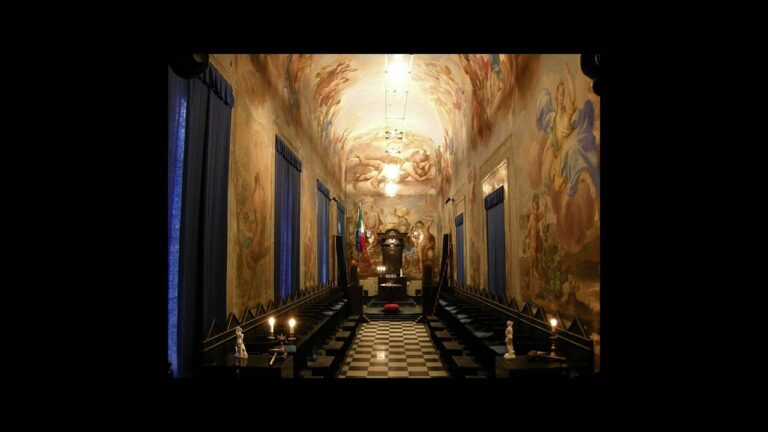Freemasonry is a fraternal organization that traces its Origins back to the medieval stonemason guilds but has evolved into a more symbolic and philosophical fraternity it is one of the world’s oldest and largest fraternal organizations with a history dating back several centuries Freemasonry emphasizes moral and ethical principles personal growth
Charity and Brotherhood among its members key aspects of Freemasonry include historical Origins freemasonry’s Roots can be traced back to the craft Guilds of stonemasons in medieval Europe over time it transformed into a philosophical and symbolic organization incorporating elements of ancient mystery traditions and philosophical thought symbolism and rituals
Freemasonry uses symbols and rituals to convey moral and philosophical teachings symbols like the square and Compass the apron and various archet Ural tools are used metaphorically to represent moral principles and Concepts degrees and ranks Freemasonry is organized into degrees each with its own teachings and ceremonies members progress through
These degrees as they advance in the organization gaining more knowledge and understanding of masonic principles Brotherhood and Community Freemasonry promotes Brotherhood and community service members are encouraged to support one another engage in charitable activities and contribute to their local communities through philanthropic efforts core principles Freemasonry is based on core principles such as
Brotherly Love relief charitable giving and helping those in need and Truth moral and ethical Behavior it encourages members to live virtuous and honorable lives non-political and non-religious Freemasonry is non-political and non-religious it does not align with any particular political or religious group allowing men of various faiths and backgrounds to
Join membership and lodges Freemasonry is organized into lodges which are local chapters or groups of Masons each Lodge is part of a larger jurisdiction often a Grand Lodge at the regional or national level membership is typically by invitation and individuals must meet certain criteria and undergo an in iation
Process secretive nature Freemasonry is often associated with secrecy due to its private ceremonies rituals and symbolic aspects however the secrets primarily pertain to the modes of recognition and the ceremonial elements of the organization not its core principles or teachings historical significance throughout history Freemasonry has attracted notable figures including writers politicians and
Thinkers some early Freemasons played significant roles in the American Revolution and the formation of the United States it’s important to note that Freemasonry means different things to different people and interpretations can vary some see it primarily as a social and philanthropic organization While others place a stronger emphasis on its philosophical and symbolic
Aspects Freemasonry has historically attracted many high-profile individuals from various Fields however it’s essential to note that Freemasonry is a private organization and not all members publicly disclose their membership here are some historically notable figures who were known or believed to be Freemasons George Washington the first president of the United States and a
Founding Father Washington is perhaps the most famous Freemason he was a member of the Fredericksburg Lodge in Virginia Benjamin Franklin an American poath Franklin was a prominent Freemason and Grandmaster of the Grand Lodge of Pennsylvania he was also influential in the Masonic Community Wolf Gang Amadeus Mozart the
Famous composer and musician was a Freemason and some of his music contains Masonic themes and references bter a French Enlightenment writer historian and philosopher bter was a Freemason and a member of the lodge of the nine sisters in Paris Mark Twain Samuel Clemens the celebrated American author and humorist was a
Freemason and active within the fraternity he joined the Masonic order in 1861 Winston Churchill the British prime minister during World War II was a Freemason and held high- ranking positions within the Masonic Community Harry Houdini the renowned magician and escapologist was a free and a member of St Cecil lodge number 568 in
New York City Buzz Aldren the American astronaut and the second person to walk on the moon was a Freemason and a member of Montclair lodge number 144 in New Jersey Salvador aende the former president of Chile was a Freemason and an active member of the fraternity Duke Ellington the legendary
Jazz musician was a Freemason and a member of social Lodge Number One in Washington DC it’s important to remember that being a Freemason is a personal choice and membership in the organization does not define a person’s beliefs or actions
source
